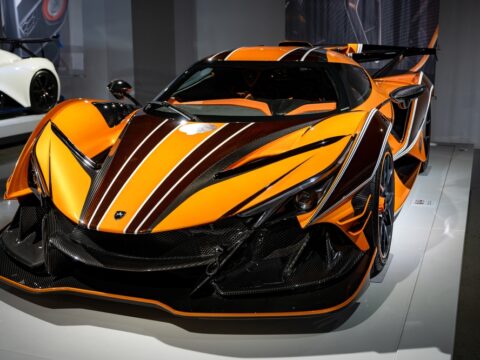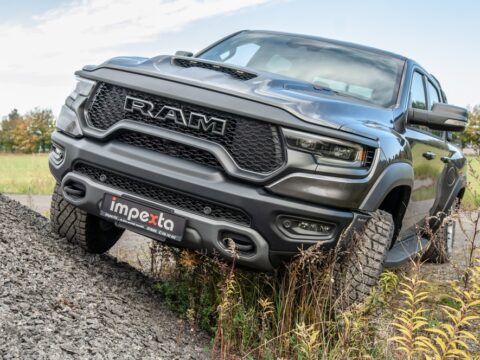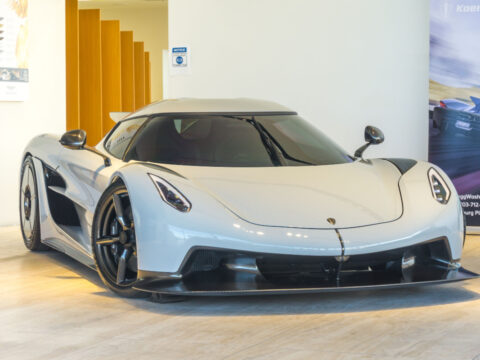Hybrid vehicles blend the efficiency of electric power with the reliability of gasoline engines, offering a compelling choice for environmentally conscious drivers looking to reduce their carbon footprint. However, while hybrids may save money at the pump, they aren’t always a prudent financial investment in the long term. Some models, in particular, are notorious for losing their value rapidly once they leave the dealership.
Contents
Hyundai Ioniq Plug-In Hybrid
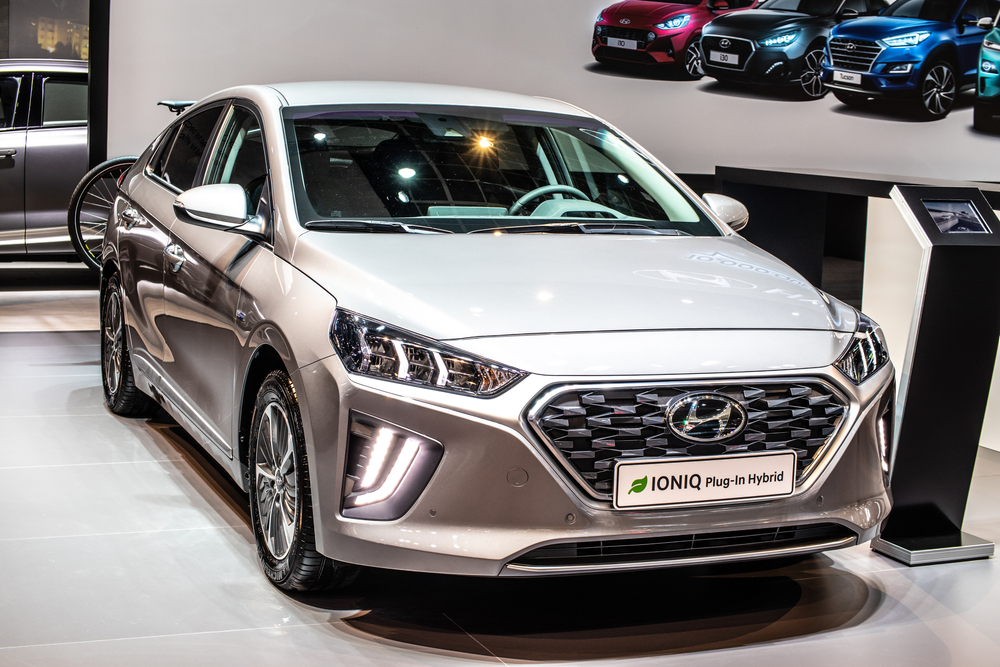
The Hyundai Ioniq Plug-In Hybrid’s rapid depreciation, typically between 45-50% over three years, is influenced by its relatively low initial cost and the quickly evolving plug-in hybrid market. The depreciation is driven by the release of newer models with better technology and efficiency, which makes earlier versions like the Ioniq seem less desirable. The Ioniq’s consumer perception as a value-oriented rather than a premium vehicle also contributes to its steeper value drop, as it lacks the luxury or brand prestige that might help retain its value longer.
Renault ZOE
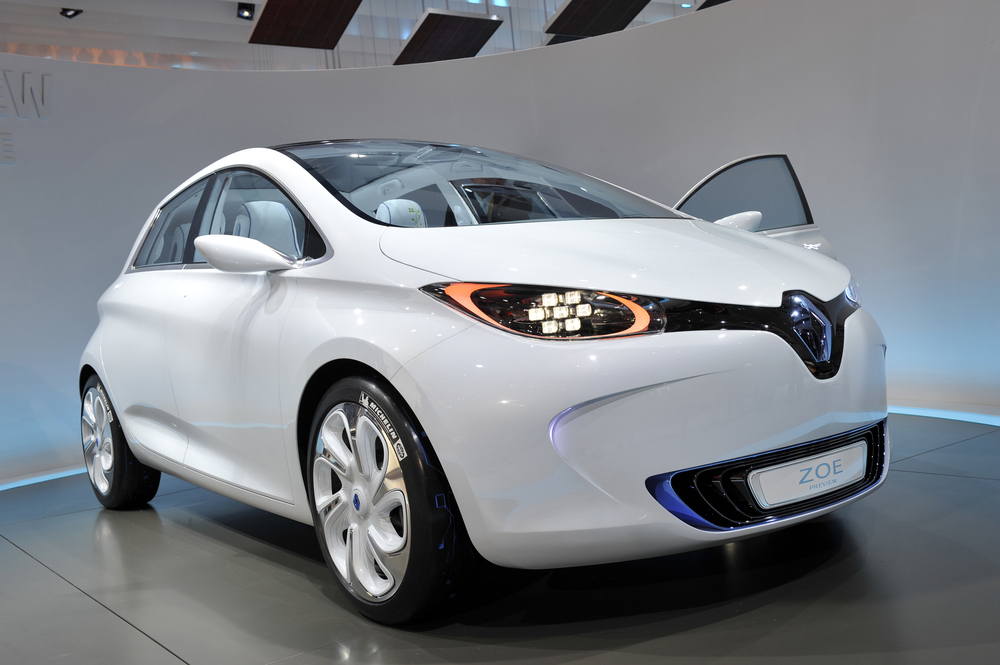
The Renault ZOE, often depreciating around 47-52% in three years, struggles with rapid depreciation due to its positioning in the competitive electric vehicle market where technological advancements are constant. The ZOE’s faster depreciation is further impacted by its relatively modest performance and interior quality when compared to newer entries in the market, which boast longer ranges and more luxurious interiors at similar price points.
Lexus ES 300h
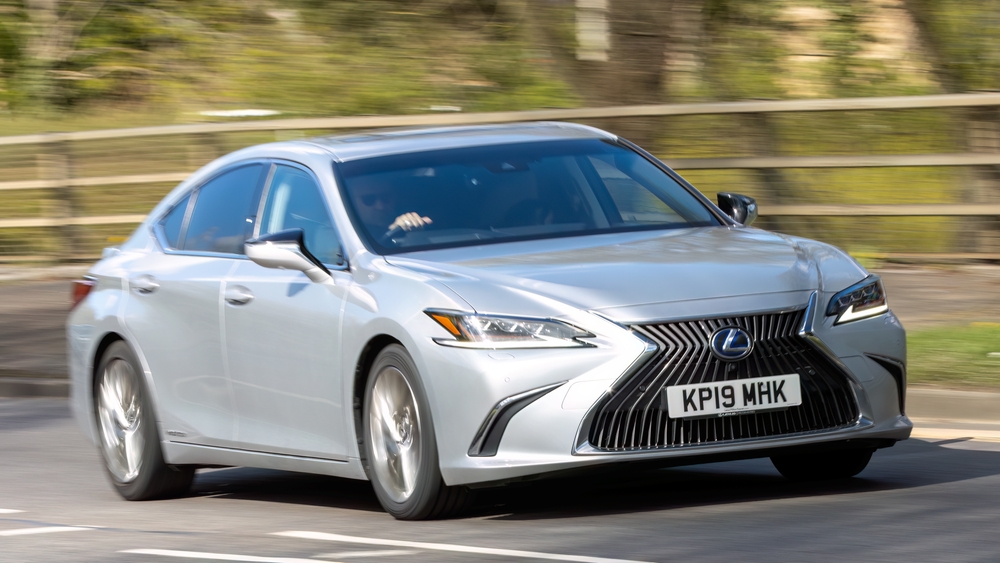
The Lexus ES 300h, facing a depreciation of about 40-45% over three years, suffers from the high expectations typical of the luxury car market. Each new model year often brings significant upgrades in tech and comfort features that quickly make older models outdated. Additionally, the luxury hybrid segment is becoming increasingly crowded, with competitors often offering more aggressive designs or advanced green technologies, influencing the ES 300h’s market value negatively.
Kia Niro Plug-In Hybrid
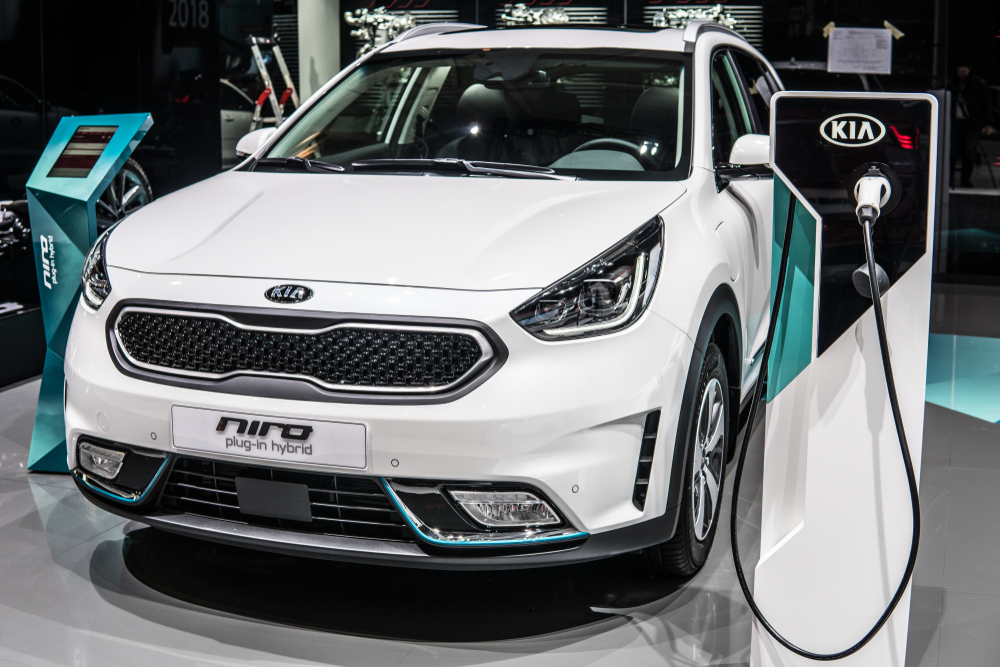
The Kia Niro Plug-In Hybrid, which depreciates approximately 45-50% after three years, is particularly affected by Kia’s rapid model updates and enhancements in features across its range. As newer models are introduced with the latest technologies and improved aesthetics, the earlier versions quickly appear dated. Moreover, the broader acceptance and availability of hybrids mean that consumers often prefer the latest models, impacting the resale value of older vehicles like the Niro.
BMW i3
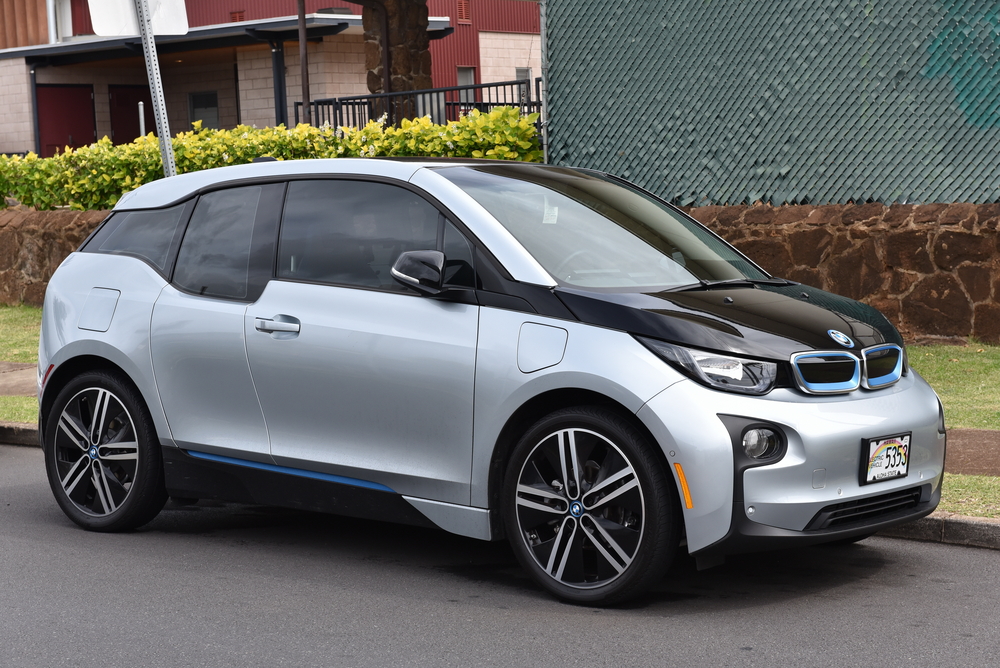
The BMW i3 can depreciate as much as 60% over three years, one of the highest rates among electric vehicles. Its unique carbon-fiber-reinforced plastic body and futuristic design have not appealed universally, impacting its resale value. The small interior space and the relatively short range compared to new competitors further accelerate its depreciation. As BMW introduces newer, more conventionally designed electric vehicles, the i3’s distinctive characteristics and early market entry become less advantageous.
Honda Clarity Plug-In Hybrid
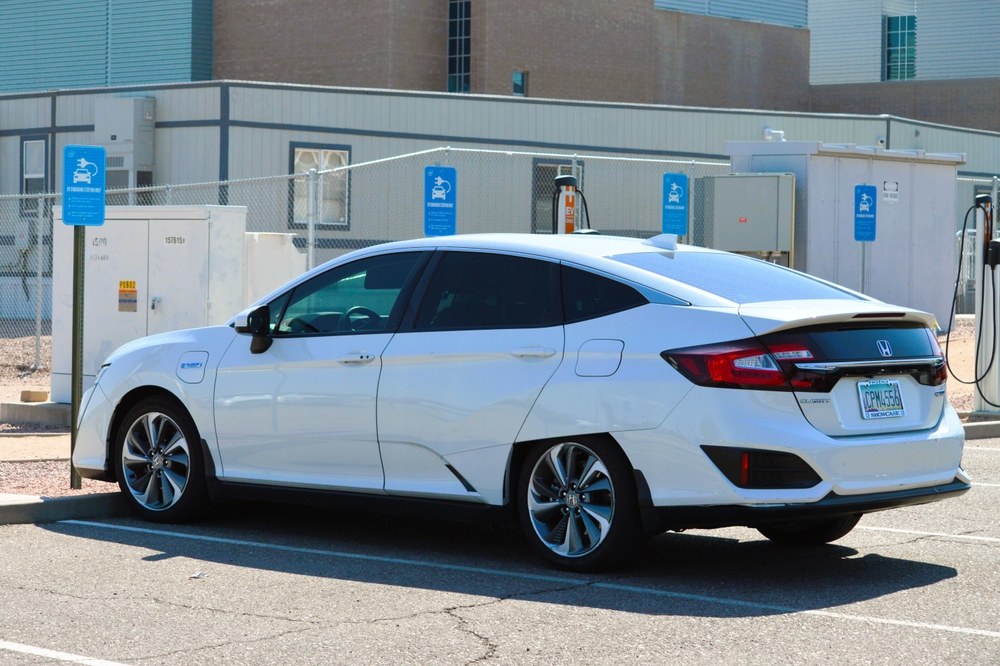
The Honda Clarity, with a depreciation rate of about 47-52% over three years, suffers from its unconventional design and limited availability. Its distinct styling and the relative scarcity of the vehicle on the roads lead to lower consumer demand, which impacts its resale value. Additionally, as Honda expands its fully electric and traditional hybrid offerings, Clarity’s unique plug-in hybrid setup may not attract as much interest.
Toyota Prius Plug-In Hybrid
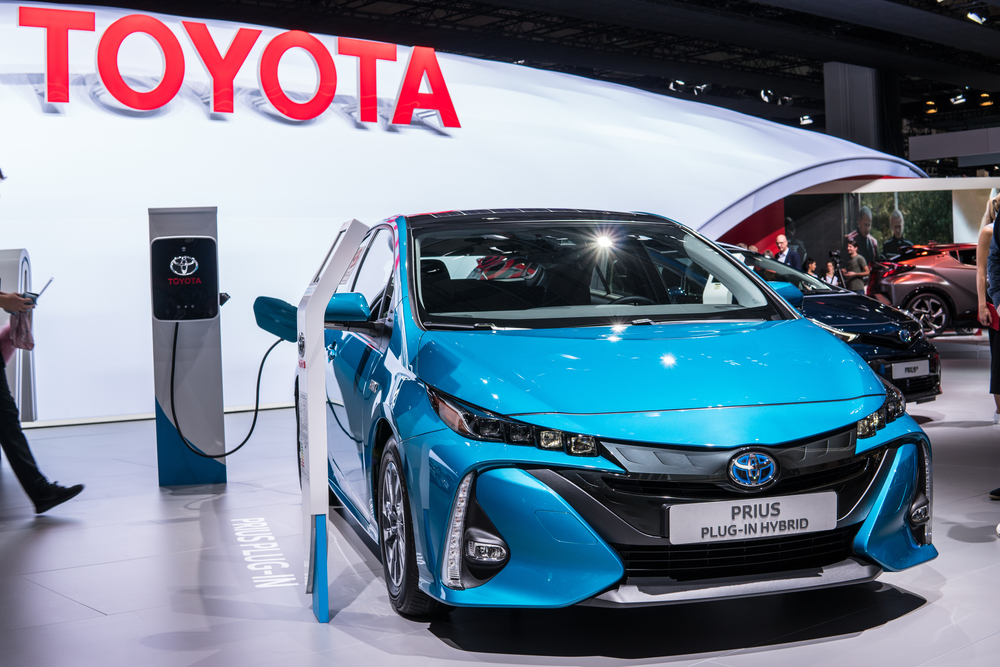
Despite being a leader in the hybrid market, the Toyota Prius Plug-In Hybrid depreciates by about 38-43% over three years. Its more conservative design and the ubiquity of the Prius model can lead to consumer fatigue, where the abundance of options depresses resale prices. Additionally, as plug-in technology becomes standard across many models, unique selling points of the Prius Plug-In become less distinctive, contributing to its faster depreciation.
Audi A3 e-tron
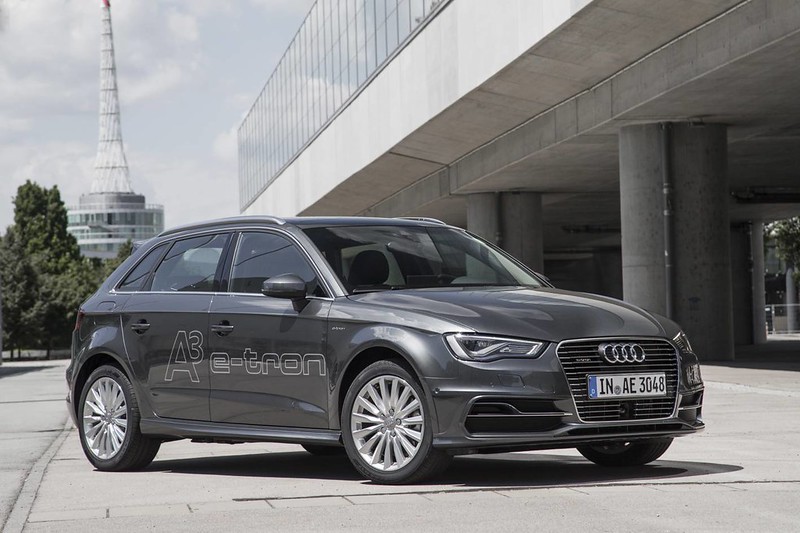
The Audi A3 e-tron sees depreciation of about 40-45% over three years. As a luxury compact plug-in hybrid, it competes in a tough segment where small differences in performance, luxury, and technology can have large impacts on resale value. The presence of newer models with better electric ranges and more luxurious features from both Audi and its competitors makes earlier versions of the A3 e-tron less appealing.
Ford Fusion Energi
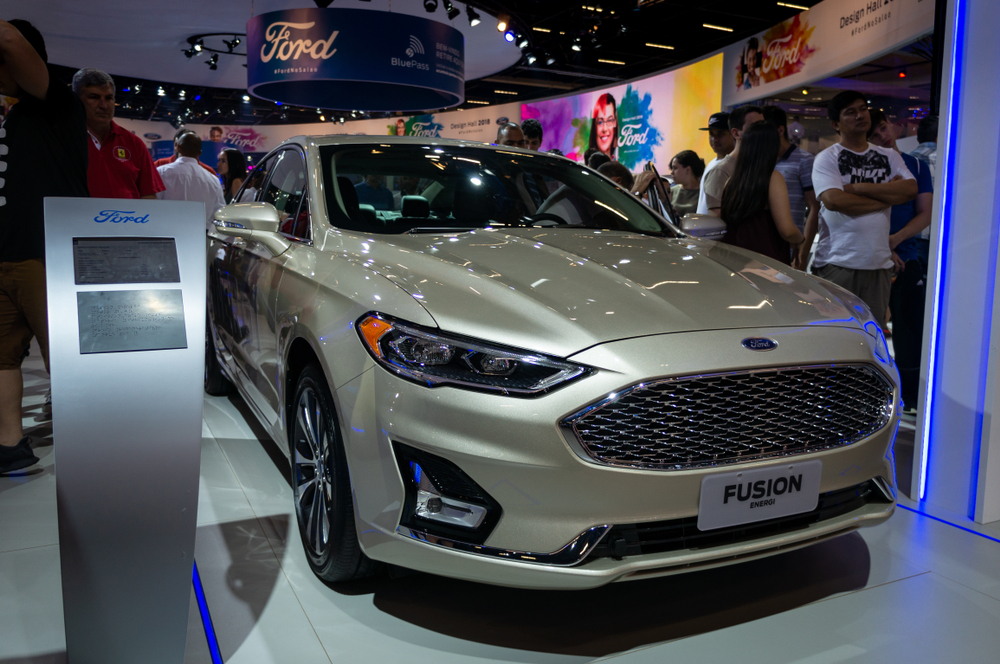
The Ford Fusion Energi depreciates about 49-54% in three years. The American market’s shift away from sedans towards SUVs and trucks impacts the demand for sedan-based hybrids like the Fusion Energi. Furthermore, Ford’s decision to phase out sedan production in North America affected consumer confidence in the model’s longevity and support, leading to a steeper decline in resale value.
Chevrolet Volt
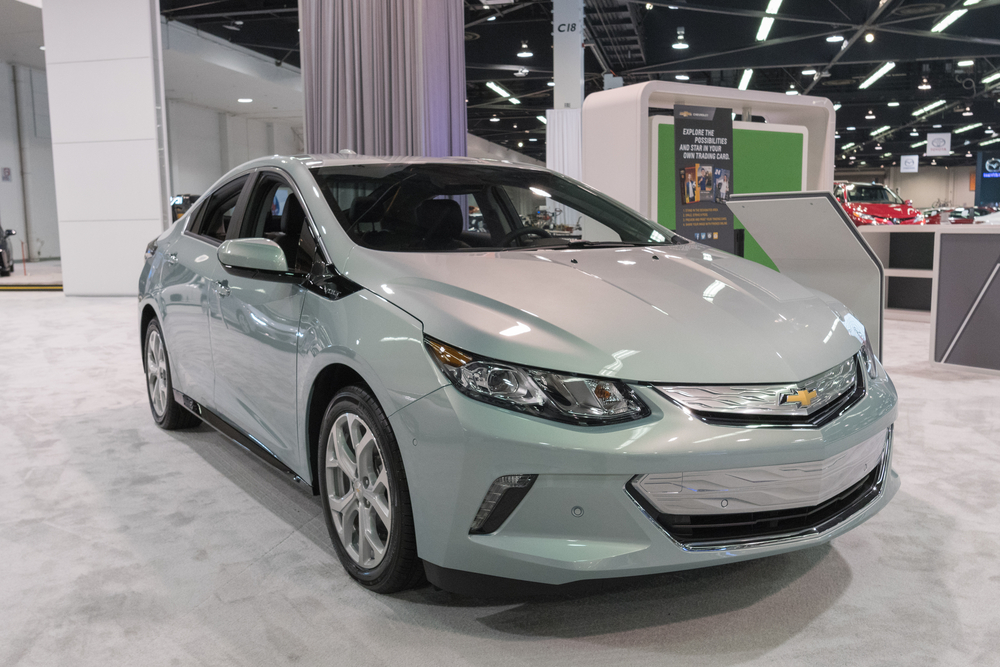
The Chevrolet Volt experiences depreciation of roughly 50-55% over three years. The discontinuation of the Volt by Chevrolet has significantly impacted its resale value, as potential buyers are concerned about the availability of parts and services in the future. Additionally, as a range-extended electric vehicle, it falls into a niche category that is being overshadowed by fully electric models offering similar or better range without a combustion engine.
This article originally appeared on MyCarMakesNoise.
More from MyCarMakesNoise
15 Luxury Cars Favored by Wealthy Americans and Their Price Tags

Wealthy Americans often pick cars that are not only luxurious and fast but also equipped with the latest technology. In this look at some of their top choices, we’ll find out why these cars are favorites and how much they cost. Read More.
Top 10 New Trucks That Justify Their Price Tag

If you’re in the market for a new truck, you want something that not only meets your needs but also gives you the best bang for your buck. From rugged off-roaders to luxurious workhorses, we’ve rounded up the best new trucks of 2023 and 2024 that are worth every penny. Read More.
15 Problematic Car Brands with Frequent Breakdowns

When shopping for a new car, reliability is as crucial as the aesthetic appeal or the features it offers. However, not all vehicles are created equal in this regard. Some brands are notorious for their frequent breakdowns and high maintenance costs, potentially doubling the trouble for their owners compared to the average vehicle. Read More.

